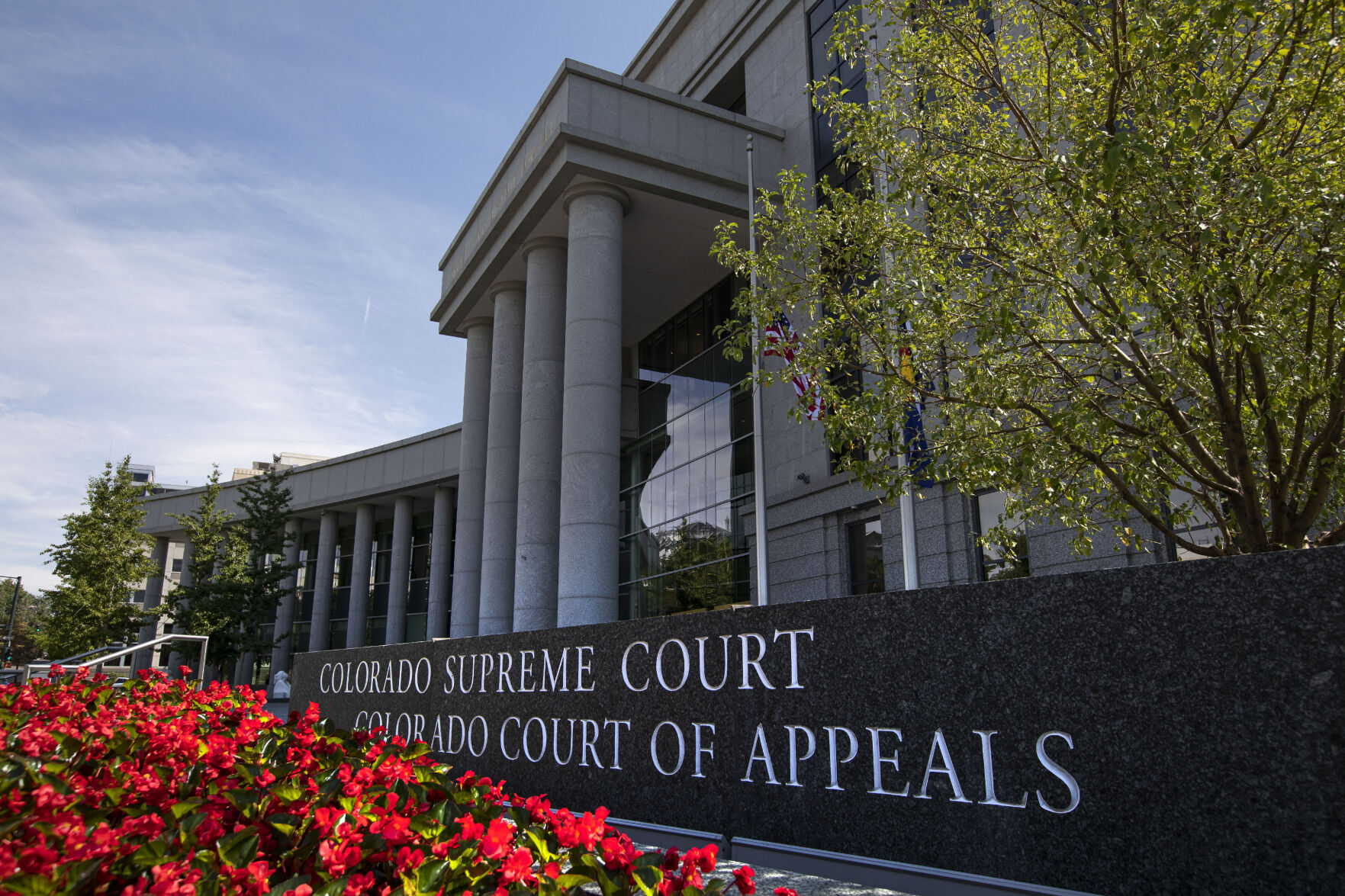Delta County judge let biased juror serve, appeals court finds in reversing convictions

A Delta County judge allowed a biased juror to serve in a woman’s drunk driving trial, the state’s Court of Appeals concluded last week in reversing the defendant’s convictions.
A three-judge panel for the Court of Appeals noted the juror, identified as S.B., volunteered during jury selection that she would assume Katherine Susan Griswold was more likely to be guilty of driving drunk if Griswold had driven drunk in the past. But that assumption was not a proper basis for determining guilt.
“Everyone agrees that a juror may not rely on a defendant’s prior convictions as evidence of her propensity to commit the charged offense,” Judge Elizabeth L. Harris wrote in the panel’s May 4 opinion. “Juror S.B. had to confirm that she could set aside her view of the relevance of Griswold’s prior convictions.”
Police arrested Griswold in January 2019 after initially pulling her over for speeding. During the stop, officers believed Griswold to be intoxicated, and she also identified herself using her sister’s name to shield the fact Griswold had no valid driver license.
Prosecutors charged her with criminal impersonation, driving under restraint, and driving under the influence, among other offenses. Griswold had prior drunk driving convictions on her record, which became part of the current felony DUI charge. Griswold’s jury could not reach a unanimous verdict on the DUI offense, but convicted her of the others.
On appeal, Griswold challenged the presence of S.B. on her jury. During jury selection, Griswold’s attorney asked whether any jurors believed it was more likely Griswold drove drunk in the current case because she had driven drunk in the past.
“Of course you would think that,” S.B. responded. “Obviously, you would assume there was more of a possibility if somebody’s done it several times in the past.”
S.B. raised the example of a child who “steals gum every other week.” In her view, it would be likelier the child would be validly accused of stealing gum the next time because he had a history of stealing gum.
“I have a feeling a lot of people in this room would have the same thought,” S.B. concluded.
The defense sought to remove S.B. for cause, arguing she would use Griswold’s prior convictions as evidence Griswold committed the current drunk driving offense. District Court Judge Steven L. Schultz disagreed, believing S.B.’s answers reflected “common sense.” He added that he had questioned the entire jury pool about its ability to presume Griswold innocent, and jurors indicated they would do so.
Griswold argued on appeal that even if the jury had not reached a verdict on the DUI charge itself, the concern still existed that S.B. used Griswold’s past misconduct to hold her accountable for the current set of charges.
A biased juror “may have used Griswold’s prior criminality to overcome her presumption of innocence with respect to all charged crimes – not just the DUI charge,” wrote public defender Julia Chamberlin.
The Court of Appeals agreed that S.B. had indicated she was more likely to believe Griswold had committed an offense due to her history of committing offenses. Even though Schultz had asked about jurors’ ability to find Griswold innocent until proven guilty, that did not address the problem of how jurors should use Griswold’s prior convictions – only to prove her recidivism, and not to prove whether she drove drunk in the current case.
The panel ordered a new trial for Griswold.
The case is People v. Griswold.













